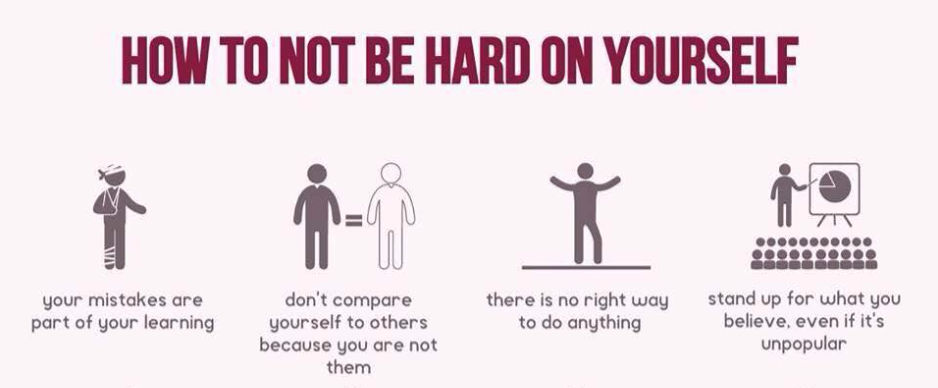It kills me that there aren’t enough hours in the day. Then I work all the hours in the day and that kills me. Here’s an idea for getting back some of the time that otherwise fritters away on, you know, like relaxing and socialising and stuff.
Take Back Afternoons: Productivity After the Post-Lunch Slump
When lunchtime breaks up my day, I’m terrible at getting back into a productive flow. I’m not unique in struggling to work through the afternoons, though. Most of us tend to have a dip in energy in the early afternoon, often known as the “post-lunch slump”. Research suggests that our bodies are designed to have a short sleep around this time to complement our nighttime sleep.
This regular slump in energy is obviously bad news for anyone, but it’s especially bad when you work remotely (as I do) and need to discipline yourself to complete tasks.
The best way I’ve found for kicking myself into gear is to have a deadline to push up against. If you remember ever writing furiously at 11:45 p.m. to finish a school essay and submit it by midnight, you’ll know exactly what I mean. There’s something about deadlines that help us overcome our worst procrastination habits.
So I took this self knowledge and used it to hack my routine in such a way that I’m now getting significantly more done with less last-minute scrambling.
Read the full piece for what she does with the rest of the day. I sound flippant here, I think, but she has good points to make and the topic occupies my head a lot.
